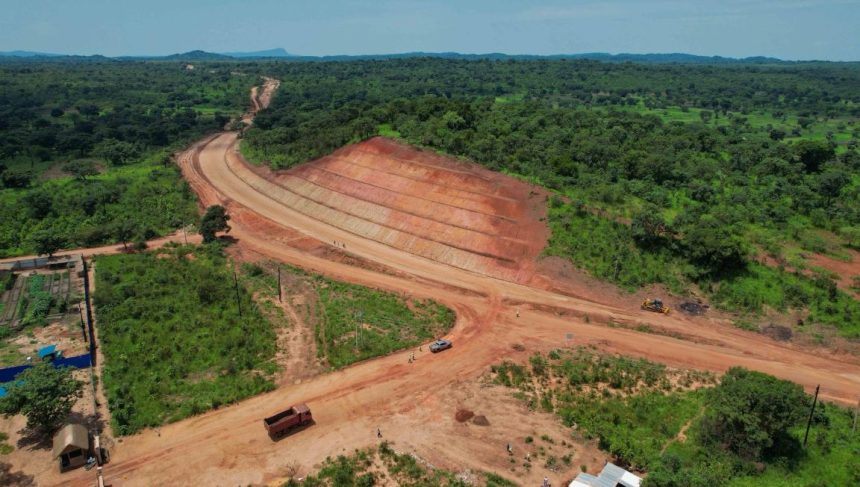Published on 21/10/2025
Ugandan government has proposed borrowing up to €115,876,831 (UGX 473,060,450,000) from Standard Chartered Bank to finance the critical oil roads package 6b. This project involves the design and construction of the Karugutu-Ntoroko Road (56.5km), a link to Rwebisengo (8.2km), and 3.3km of town roads in Ntoroko, totaling 68km.
Additionally, the government seeks €230,454,687.23 (UGX 941,460,940,000) from Citi Bank to fund the design and construction of the Jinja-Mbulamuti-Kamali-Bukungu Road (127km) and 10km of Jinja City roads.

These proposals sparked concerns from MPs Joseph Ssewungu (Kalungu West) and Sarah Opendi (Tororo Woman MP), who challenged Minister of Works and Transport, Gen. Katumba Wamala, on why roads in their districts were excluded despite being promised in the NRM manifesto.

Ssewungu highlighted the lack of tarmac roads in newer districts like Kalungu, noting that his constituents face loan repayment burdens without benefiting from such projects. “My district has no tarmac road except one small stretch provided by the President. When will new districts like ours get these loans?” he asked. Deputy Speaker Thomas Tayebwa echoed these concerns, describing himself as the “chief complainant” of poor road conditions.
He lamented that his district, Mitooma, lacks a single national tarmac road, causing traders significant losses due to frequent tyre damage. “I have no national road, just UGX 1 billion for maintenance despite tourism potential. Traders suffer daily,” Tayebwa said.

Opendi raised similar issues about Tororo, questioning when the Nabumali-Butaleja-Namutumba Road would be constructed. She noted that the poor state of roads has led to a local slogan, “No road, no vote,” threatening her political career.
In the 2025/26 national budget, the Ministry of Works and Transport’s allocation rose from UGX 2.025 trillion to UGX 6.496 trillion, driven by the integration of the Uganda National Roads Authority (UNRA) and Uganda Road Fund (URF) budgets under the Road Asset Protection and Expansion (RAPEX) program.
The budget breakdown includes UGX 51.42 billion for wages, UGX 663.70 billion for non-wage expenses, UGX 891.92 billion for domestic development, UGX 4.670 trillion for external financing, and UGX 218.40 billion for arrears repayment.
However, Parliament raised concerns over the low allocation for clearing contractor arrears. Despite a requirement of UGX 1.73 trillion to settle arrears and unpaid certificates for the National Roads Department, only UGX 150 billion was allocated, leaving a funding gap of UGX 1.581 trillion. MPs warned that unpaid arrears accrue approximately UGX 284 million in daily interest, urging urgent action to address this perennial issue.
Minister Katumba Wamala requested the Deputy Speaker to defer the debate on road conditions until a detailed statement on planned road projects is presented to Parliament. He cautioned that discussing the issue prematurely could open a “Pandora’s box” of complaints about poor road infrastructure nationwide.
Parliament agreed to revisit the matter next week when the Committee submits its reports on the loan proposals and supplementary budget for consideration.








